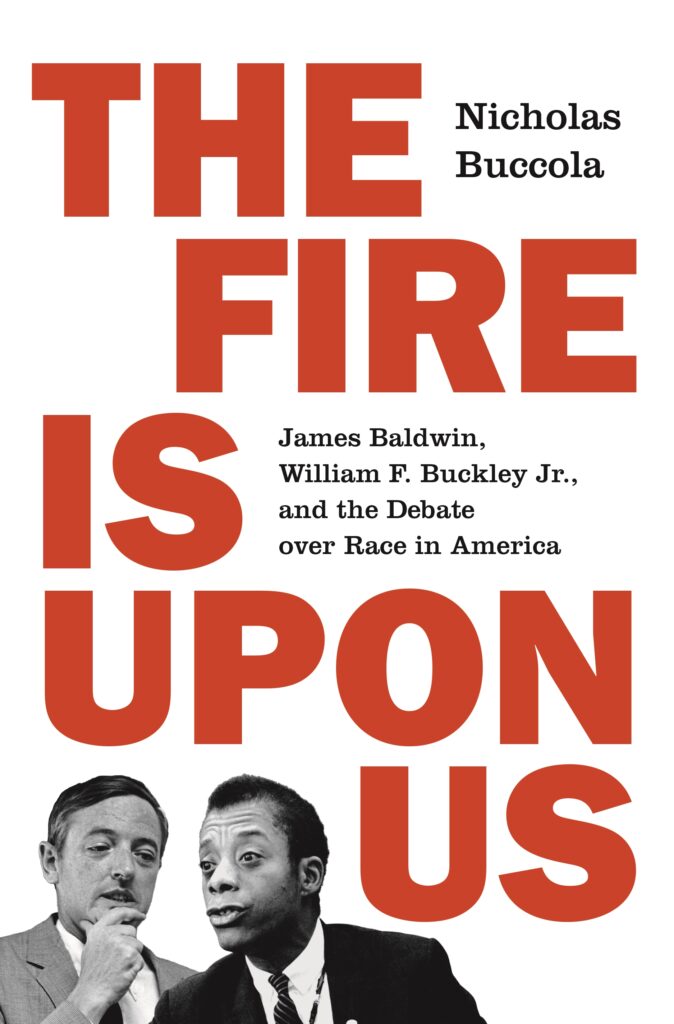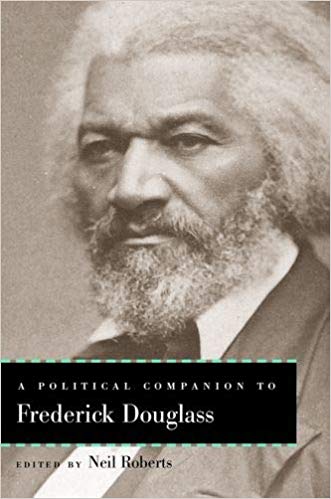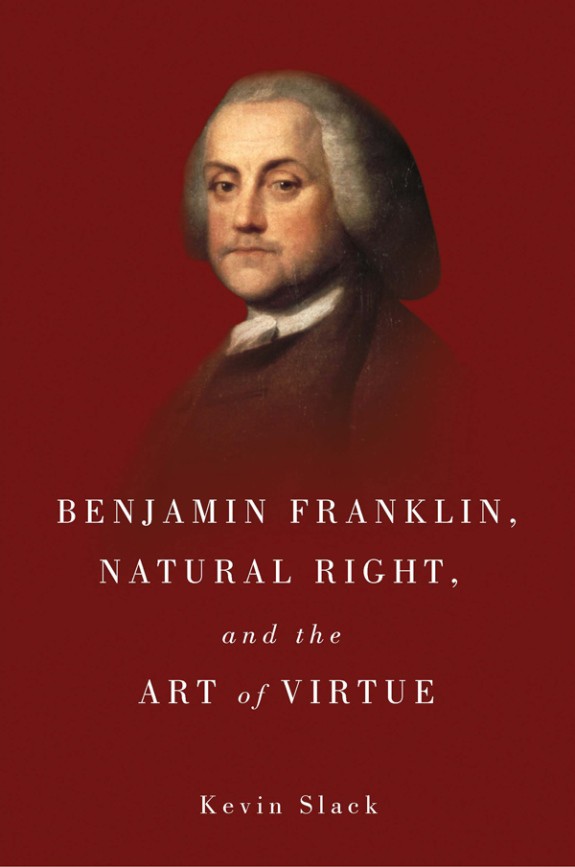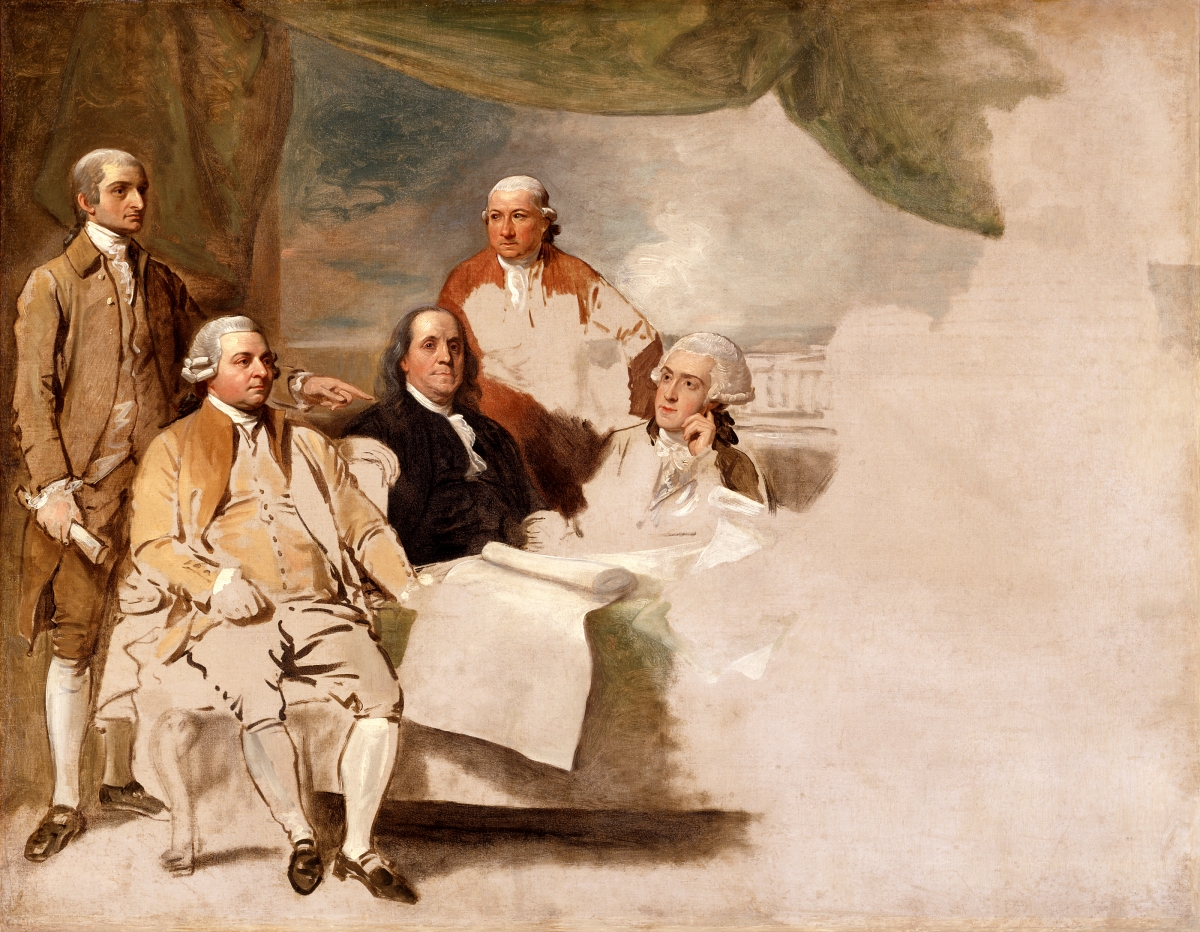Review of The American Road Trip and American Political Thought, by Susan McWilliams Barndt (2018) in American Political Thought.
“The path charted through The American Road Trip is worth traveling. The book is brief but thorough, innovative in subject and yet resonant with longstanding problems in American political thought. And yet my question is whether we should be satisfied, not with the political ideals revealed as contradictory, but with the very idea of democratic politics that underwrites these road trip narratives. Behind most of these stories I see what is ultimately a thin conception of democracy that excludes the language of power: of change or collaboration or contestation, of action and the material consequences thereof. What is political within these stories is instead a matter of ethics or identity. To stick with the metaphor, my hunch is that road trip stories envision politics as a matter of position or orientation or relation but not acceleration and force. If there is any truth to my question, the lesser worry is that this limits what road trip stories say about American politics. The greater worry is that road trip stories risk being an escapist form of political thinking—as meaningful as those trips and our memories of them may be.”
Read the review here.


Review of The Fire Is upon Us: James Baldwin, William F. Buckley Jr., and the Debate over Race in America, by Nicholas Buccola (2019) in The Review of Politics
“The cover of The Fire Is upon Us may mislead readers. Its bright red lettering and counterpoised James Baldwin and William F. Buckley Jr. suggest that the book is just about those men and their historical debate. The prologue says otherwise. Within a few pages, Nicholas Buccola introduces readers to its true interlocutors: the 1965 contest at Cambridge Union between Baldwin and Buckley and the debate over race played out in the streets, exemplified by organizer James Orange’s arrest in Alabama that same night. In one corner, an “epic clash” dramatized with the decorum of “the world’s oldest and most prestigious debating society.” In the other, the boycotts, blockades, and blood that characterized mass action in the era. This is how Buccola frames his beautifully researched and written work: it is “the story of how two of the most consequential postwar American intellectuals responded to the civil rights revolution.”
“But this book is about not only Baldwin against Buckley, the prologue tells readers—it is about that debate as it occurs against the backdrop of the civil rights revolution… What did Baldwin’s and Buckley’s intellectual labors mean for the political and legal actors in the streets and in statehouses?”
Read the review here.
Review of A Political Companion to Frederick Douglass, edited by Neil Roberts (2018) in Contemporary Political Theory
“As editor Neil Roberts acknowledges in the introduction, efforts to canonize Douglass risk sacrificing ‘the prime content and intellectual impulses’ that motivated his politics and philosophy (p. 3). How do we elevate Douglass as political theorist without eliding the many experiences and influences that ground his complex thinking?”
“Motivated by these challenges, Roberts has placed fourteen pieces across four thematic parts that champion Douglass’s contributions as political theorist. The sequence and selection of these works are the book’s two greatest strengths. Douglass knew the political power of storytelling, and so Roberts has wisely compiled these works with a clear narrative.”
Read the review here.


Review of Benjamin Franklin, Natural Right, and the Art of Virtue, by Kevin Slack (2017) in Perspectives on Politics
“Perhaps more than any of the American Founders, Benjamin Franklin has long endured simplistic depictions of his moral and political philosophy that range from the deifying to D. H. Lawrence’s derisive claim that the pedagogue set up “the first dummy American.” Scholarship on Franklin since the 1990s has largely retired such polarized representations; discussions among political theorists and others have increasingly offered more nuanced portrayals of a figure whose ideas and involvement in the revolutionary period were at times complex, contradictory, and contentious.”
“Kevin Slack joins this conversation with his new book, a comprehensive reading of Franklin’s ideas that takes as its starting point the often contradictory relationship between the thinker’s politics and his philosophy.”
Read the review here.
